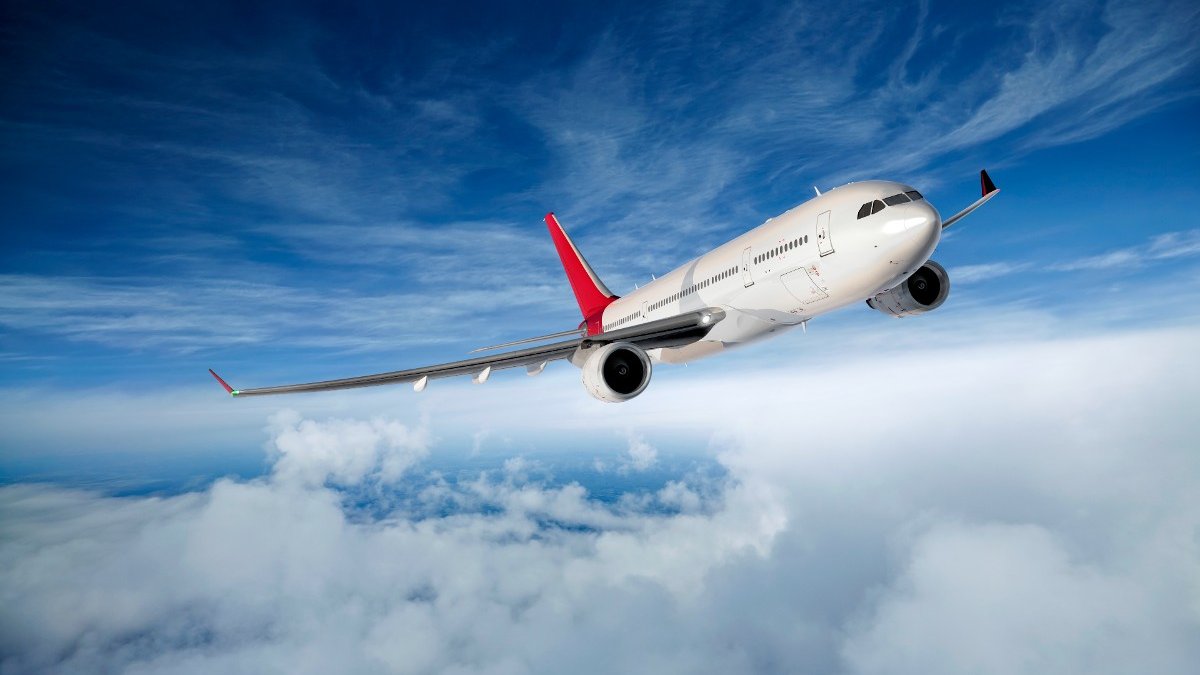Study could pave the way for pilots with insulin-treated diabetes to fly commercially
Qualified pilots with diabetes who are treatable with insulin may be able to fly commercial airlines in more countries in future, thanks to a new study led by Medical University of Graz in collaboration with the University of Surrey and the Catholic University of Leuven (Belgium).

Currently, only three European countries – the UK, Austria, and Ireland – permit pilots with diabetes to carry out full operational duties and fly commercial airlines.
In most countries, pilots with diabetes are not permitted to fly commercial flights due to the possibility of them developing hypoglycaemia (low blood sugar, which could lead to cognitive impairment) and potentially endangering passengers and the aircraft. However, pilots with this condition are permitted to fly recreationally in several countries.
Julia Mader, Associate Professor of Medicine at the Medical University of Graz, said:
“Diabetes care has improved significantly in the last 20 years with patients managing and monitoring their insulin levels with relative ease. Despite this, those with diabetes remain excluded from safety critical roles due to their condition, and the advances in medicine and technology have not been acknowledged.
“Through this study, we will further investigate the role altitude can have on glucose metabolism and the bodies’ handling of insulin and what, if any, impact it has.”
Made possible by a £250,000 award from Horizon Europe, scientists from the three institutions, together with partners from the Royal Surrey Foundation Trust, will investigate the metabolic effects of flying on both glucose metabolism and hormone levels. Scientists will, for the first time, also investigate the effect altitude could have on insulin pumps following concerns that glucose levels may drop below the normal ranges during or immediately after flights.
During the randomised study, participants will enter a hypobaric chamber and be exposed to two different ambient pressures: one at sea level (760 mmHg) and the other at 560 mmHG, mimicking an airline pressurised cabin altitude of 8000 feet. Whilst in the chamber, participants will be provided with a liquid meal containing glucose tagged with a marker. Regular blood samples will be taken and analysed using mass spectrometry to track the tagged glucose. Insulin and other hormones such as glucagon, cortisol and catecholamines will also be measured. This will help give an insight into whether levels increase, decrease, or remain the same during the flight. Researchers will also monitor the levels of glucose using continuous glucose monitoring systems.
David Russell-Jones, Professor of Diabetes and Endocrinology at the University of Surrey and Consultant at the Royal Surrey Foundation Trust, who as part of the study will receive £250,000 said:
“When controlled properly, diabetes should not prohibit an individual from doing critical roles, such as piloting a commercial plane. However, before this becomes a reality, it is important that we learn everything possible about the impact altitude has on the condition to ensure that all safety measures are met.”
Share what you've read?
Media Contacts
External Communications and PR team
Phone: +44 (0)1483 684380 / 688914 / 684378
Email: mediarelations@surrey.ac.uk
Out of hours: +44 (0)7773 479911
